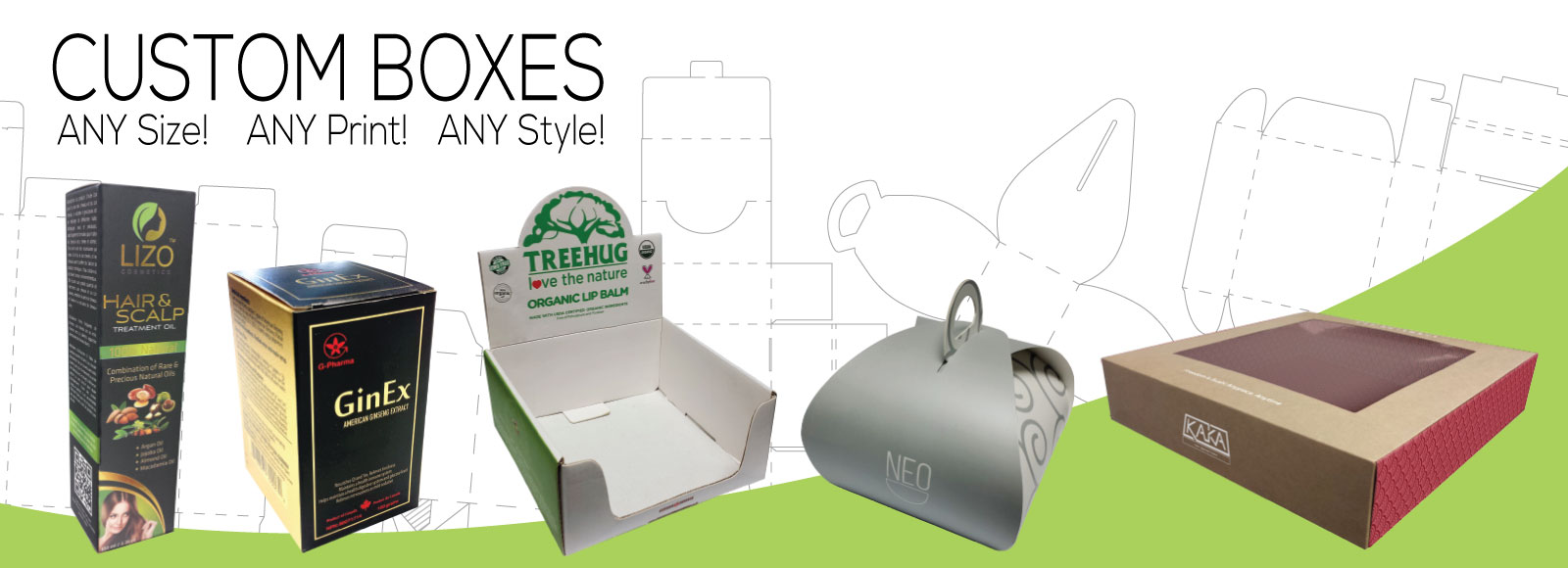Packaging companies play a pivotal role in today’s market by providing essential solutions that protect, preserve, and promote products. From the food and beverage industry to electronics and personal care, these companies offer a wide range of packaging options tailored to meet diverse needs. Understanding the services and innovations provided by packaging companies can help businesses make informed choices about their packaging strategies, impacting both their product’s success and their environmental footprint.
What is a Packaging Company?
Definition and Role
A packaging company specializes in designing, producing, and supplying various types of packaging solutions. These companies work across multiple industries to ensure products are securely packed, visually appealing, and ready for distribution.
Why Packaging Companies Are Essential
- Product Protection: They ensure that products are protected from damage, contamination, and spoilage during transportation and storage.
- Brand Promotion: Effective packaging helps enhance brand identity and attract customers by showcasing the product’s features and quality.
- Regulatory Compliance: They ensure packaging meets industry regulations and standards, which is crucial for market entry and consumer safety.
Services Offered by Packaging Companies
Design and Customization
Packaging companies often provide design services to create customized packaging that aligns with a brand’s image and product requirements.
- Brand Alignment: Custom designs incorporate brand logos, colors, and themes to create a consistent brand image.
- Functional Design: Packaging designs are tailored to fit the product perfectly and provide ease of use.
- Innovative Solutions: Companies offer creative solutions like interactive packaging or eco-friendly materials to enhance consumer engagement.
Material Selection
Choosing the right material is crucial for durability and functionality. Packaging companies offer a variety of materials depending on the product’s needs.
- Cardboard and Paper: Commonly used for their recyclability and cost-effectiveness.
- Plastic: Offers flexibility and protection but can be less eco-friendly.
- Glass and Metal: Used for high-end products requiring premium presentation and preservation.
Production and Manufacturing
These companies handle the manufacturing of packaging materials, ensuring high-quality production processes that meet client specifications.
- Bulk Production: Capable of producing large quantities to meet high demand and reduce costs.
- Quality Control: Implements strict quality checks to ensure packaging meets all required standards.
- Speed and Efficiency: Utilizes advanced machinery and processes to deliver packaging solutions quickly and efficiently.
Innovations in Packaging
Sustainability Initiatives
Many packaging companies are adopting sustainable practices to minimize environmental impact and meet growing consumer demand for eco-friendly options.
- Recycled Materials: Using materials that are recycled or made from post-consumer content to reduce waste.
- Biodegradable Packaging: Developing packaging that breaks down naturally to minimize landfill waste.
- Reduced Plastic Use: Exploring alternatives to traditional plastic, such as plant-based or compostable materials.
Smart Packaging Technologies
Smart packaging integrates technology to offer additional functionalities and enhance the consumer experience.
- QR Codes and NFC: Embedded codes or chips that provide product information, promotions, or interactive experiences when scanned.
- Temperature Sensors: Monitors and tracks temperature changes to ensure products remain within safe conditions during transit.
- Tamper-Evident Features: Enhances security by providing visible signs of tampering to protect consumers.
Customization Trends
Advancements in technology have made it easier to create highly customized packaging solutions that cater to specific consumer preferences and brand needs.
- Personalization: Allows for individualized packaging designs for special events or promotional campaigns.
- Short-Run Printing: Enables smaller production runs with unique designs, perfect for limited editions or seasonal products.
- On-Demand Solutions: Provides flexibility to produce packaging as needed, reducing excess inventory and waste.
Choosing the Right Packaging Company
Assessing Your Needs
Before selecting a packaging company, it’s important to evaluate your specific requirements to ensure they align with the company’s capabilities.
- Product Type: Consider the nature of your product and its packaging needs, such as durability, size, and shape.
- Production Volume: Determine whether you need large-scale production or smaller, custom runs.
- Budget: Establish a budget that includes both production and design costs.
Evaluating Potential Partners
Choosing a reliable packaging company involves assessing several key factors to ensure you get the best results.
- Experience and Reputation: Look for companies with a proven track record and positive client reviews.
- Technology and Innovation: Evaluate their use of modern technologies and commitment to innovation.
- Customer Service: Ensure they offer strong customer support and are responsive to your needs.
Sustainability Practices
Consider the company’s approach to sustainability and environmental impact to align with your own values and market demands.
- Eco-Friendly Options: Check if they offer sustainable materials and practices.
- Certifications: Look for certifications or partnerships with environmental organizations.
Common Challenges in Packaging
Supply Chain Disruptions
Packaging companies often face challenges related to supply chain disruptions, which can impact production timelines and costs.
- Material Shortages: Issues with sourcing raw materials can lead to delays or increased costs.
- Logistical Problems: Transportation and delivery issues may affect the timely distribution of packaging materials.
Regulatory Compliance
Adhering to regulations is crucial but can be complex, especially for products in highly regulated industries.
- Changing Regulations: Keeping up with evolving packaging laws and standards requires vigilance and adaptability.
- Certification Requirements: Meeting specific certification criteria can be time-consuming and costly.
Conclusion
Packaging companies are integral to the success of modern businesses, offering essential services that protect products, promote brands, and meet consumer expectations. By understanding the various services, innovations, and challenges associated with these companies, businesses can make informed decisions that enhance their packaging strategies and drive success in their markets.


